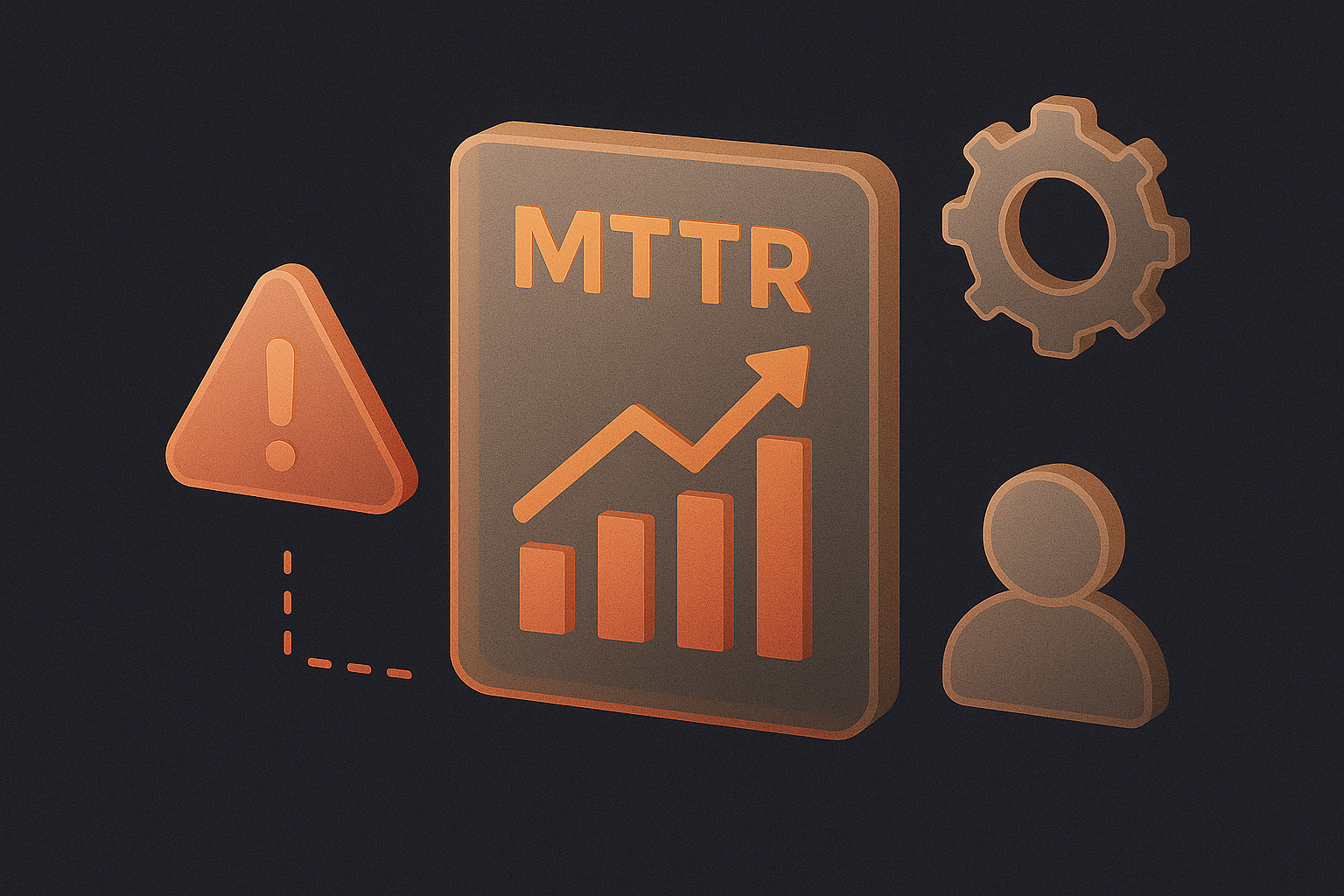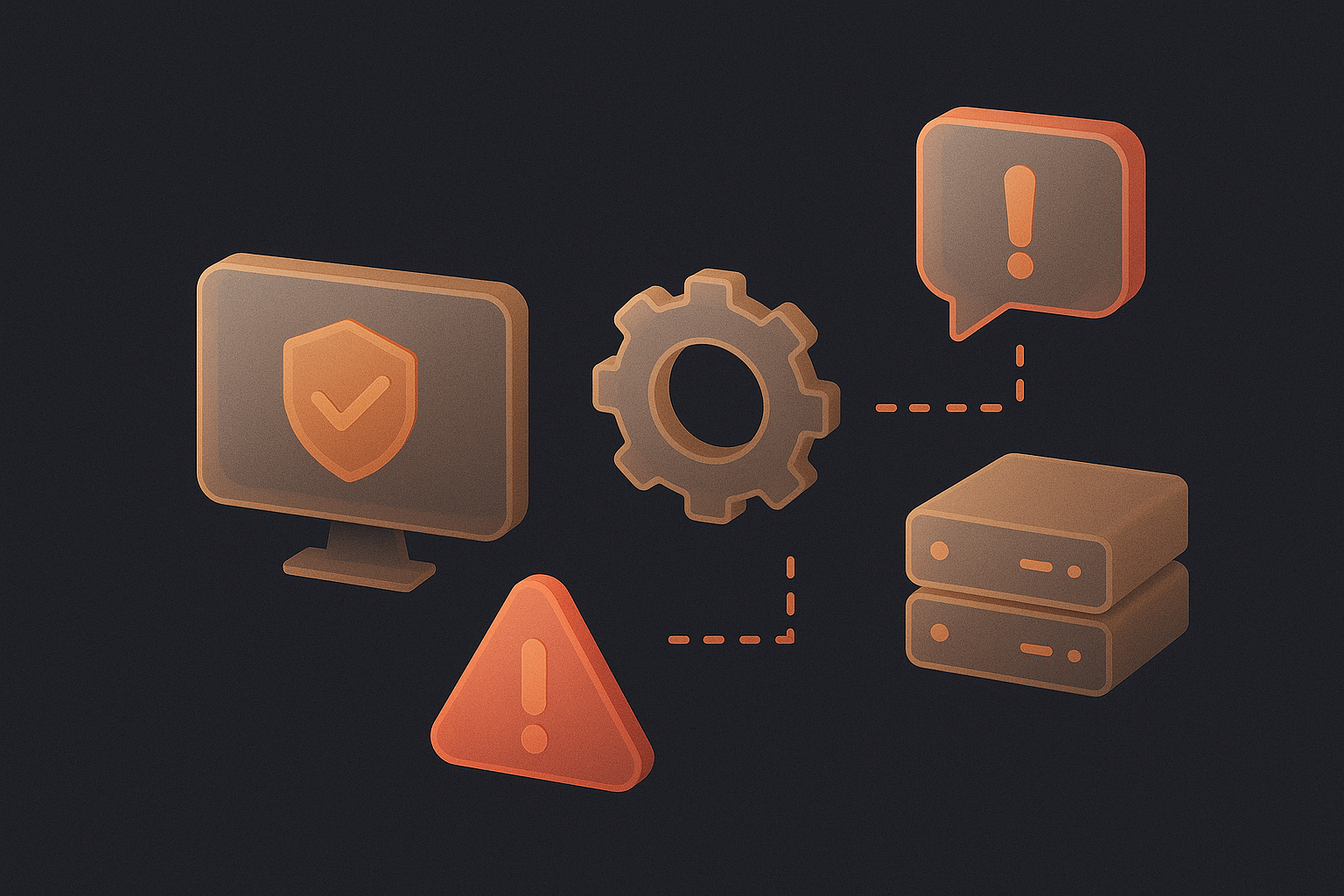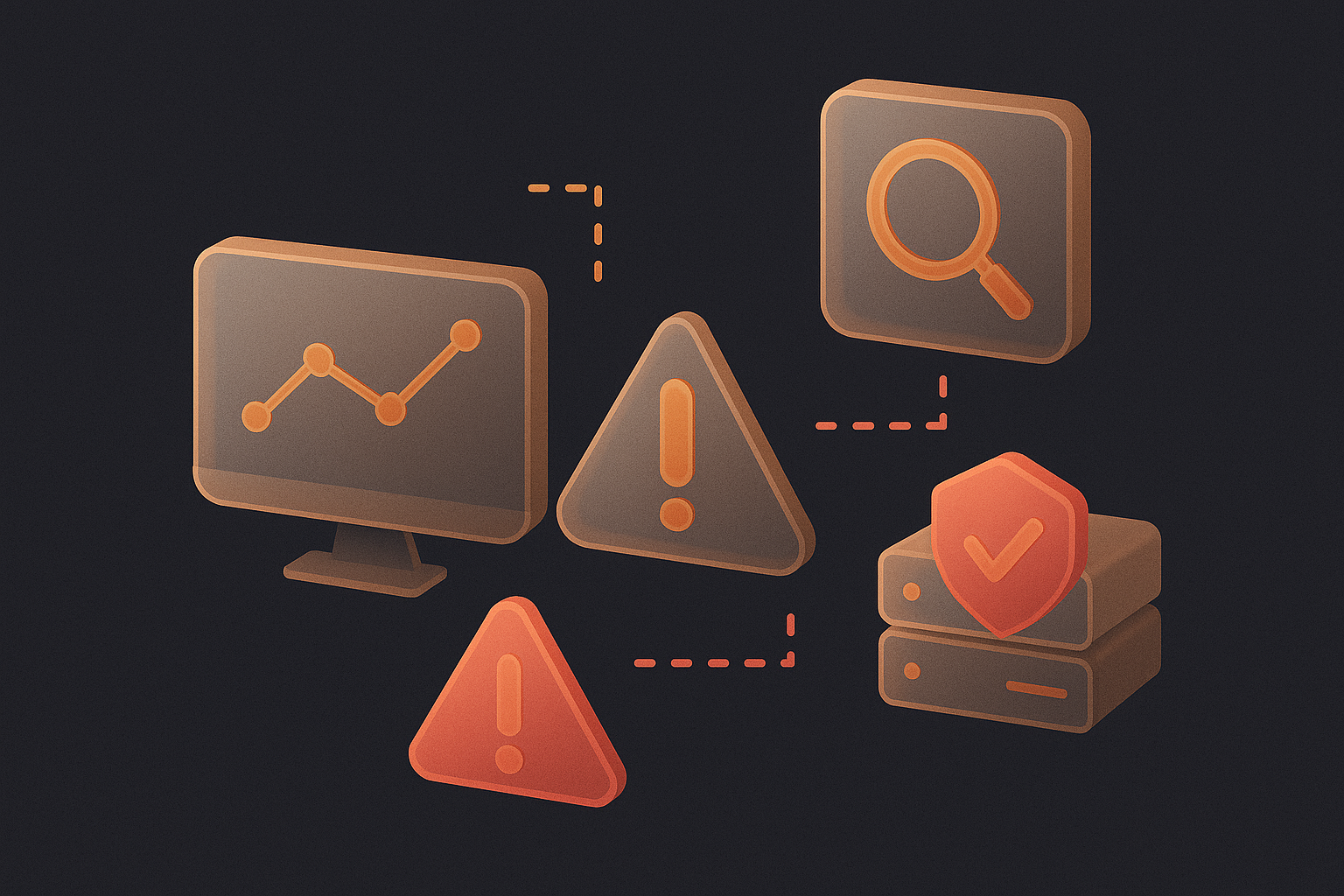Is your team struggling to reach the right person to handle an incident? With the right alert monitoring system at your disposal, you can notify the right person to handle an incident, at the right time, every time.
An alert tracking system connects your monitoring tools, service desk app and chat tools to automate incident management and speed up time to resolution. To better understand how this system works, let’s consider a real world example.
A large financial institution had defined service-level agreements (SLAs) for incident notifications, follow-ups and resolution. It also set up manual incident management procedures. Since these procedures were not automated, however, it was difficult to guarantee that they were followed. Furthermore, it was difficult for the financial institution to meet its SLAs and track and audit its incident management processes.
The aforementioned financial institution needed to automate its incident management procedures. To do so, the institution implemented an alert tracking system, and the results were significant.
Thanks to an alert tracking system that offered automated incident management, the financial institution could define who should be notified about an incident and how and when each person should be notified. Plus, the institution leveraged one-touch calling, which allowed users to click to join on a conference bridge with other team members to discuss incidents. It even used the alert monitoring system’s acknowledgement, assignment and reminder features to ensure that the right people could take ownership of an incident.
What to Look for in an Alert Monitoring System
Financial institutions and organizations in other industries can use an alert monitoring system to automate incident management – and much more. In fact, there are several features to consider as you search for the right alert tracking system for your organization, and these features include:
- On-Call Scheduling: Allows flexible on-call scheduling from fixed schedules to rotating schedules.
- Team Management: Allows role-based security to delegate team administrative tasks to designated team admins, as well as allows you to assign team or group contacts for specific incidents.
- Multi-Modal Communication: Sends voice messages, SMS messages, push notifications and email alerts to your correct support team members for specific incidents.
- Escalations: Rotate through your on-call teams and escalate to a manager when needed.
- Smart Routing: Ensures that your alerts get to the right person via his or her preferred contact method.



